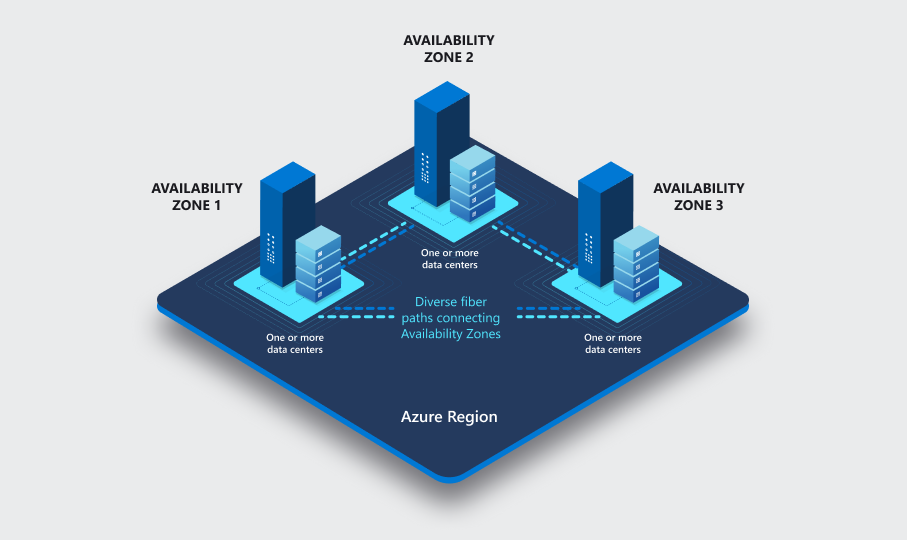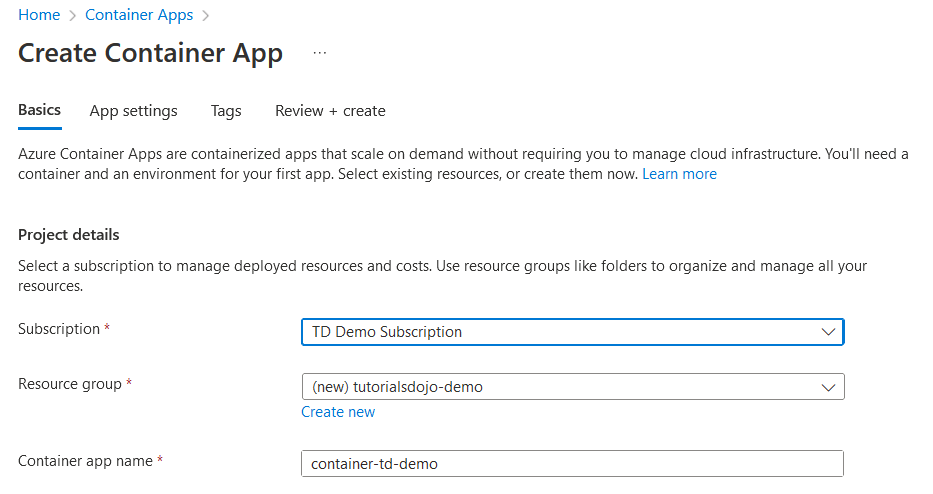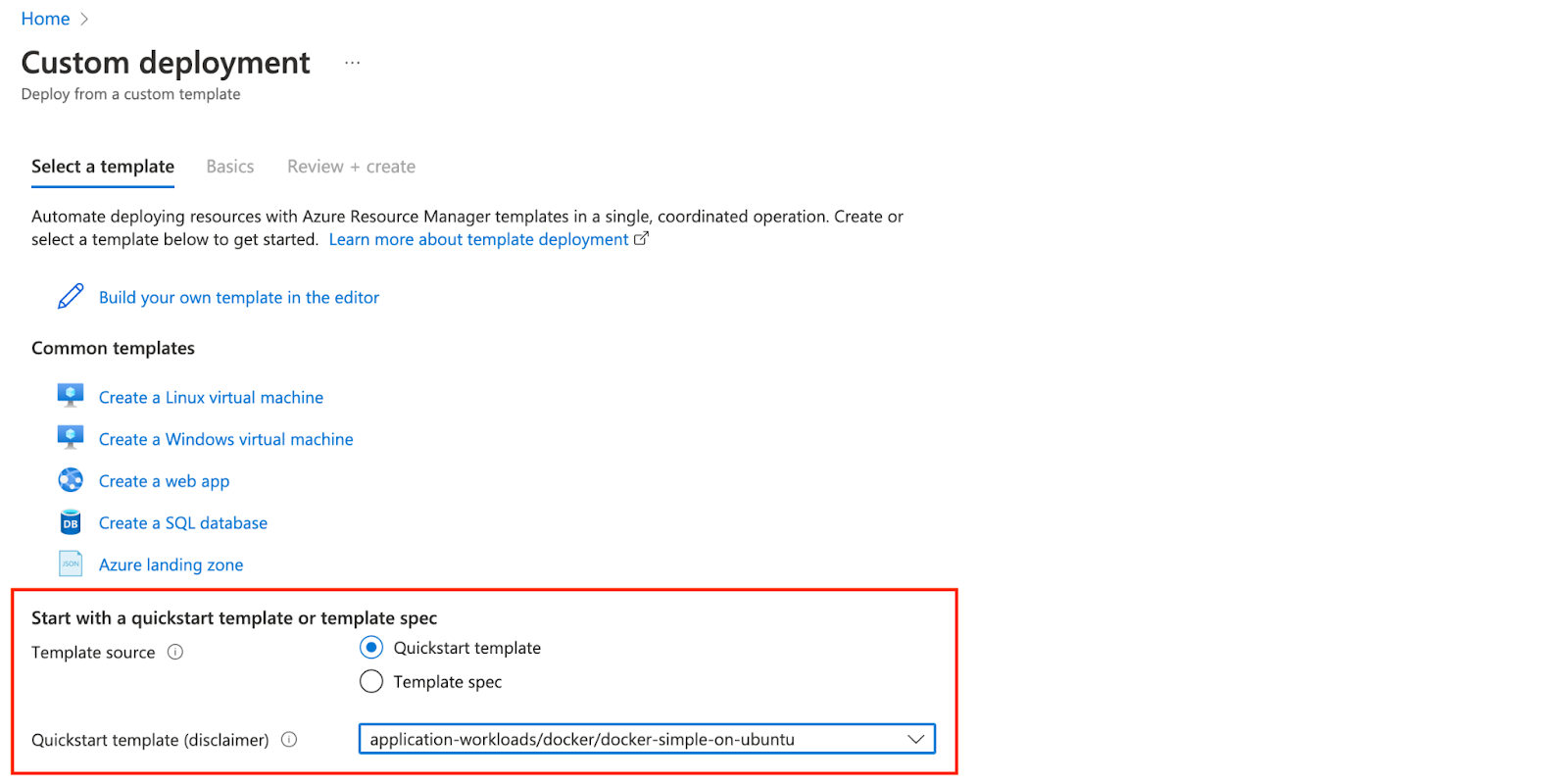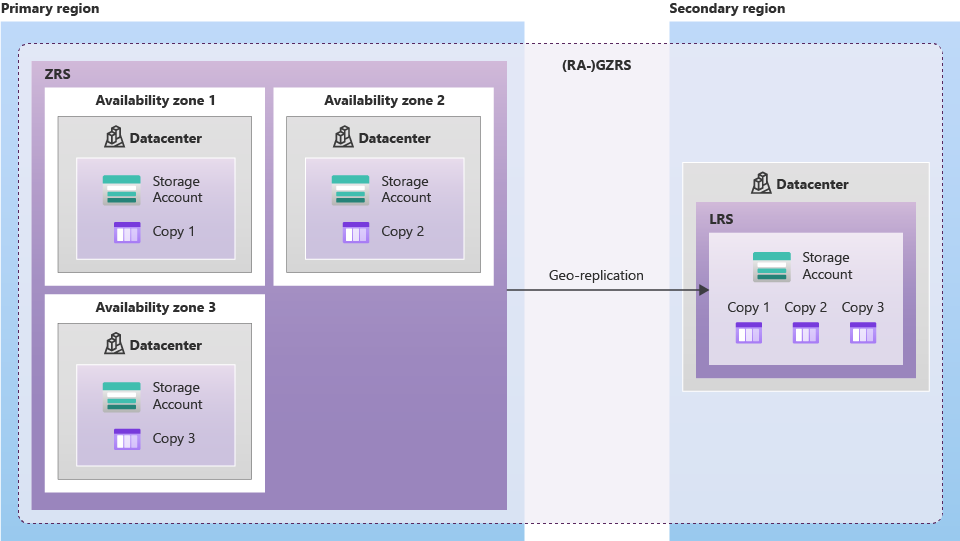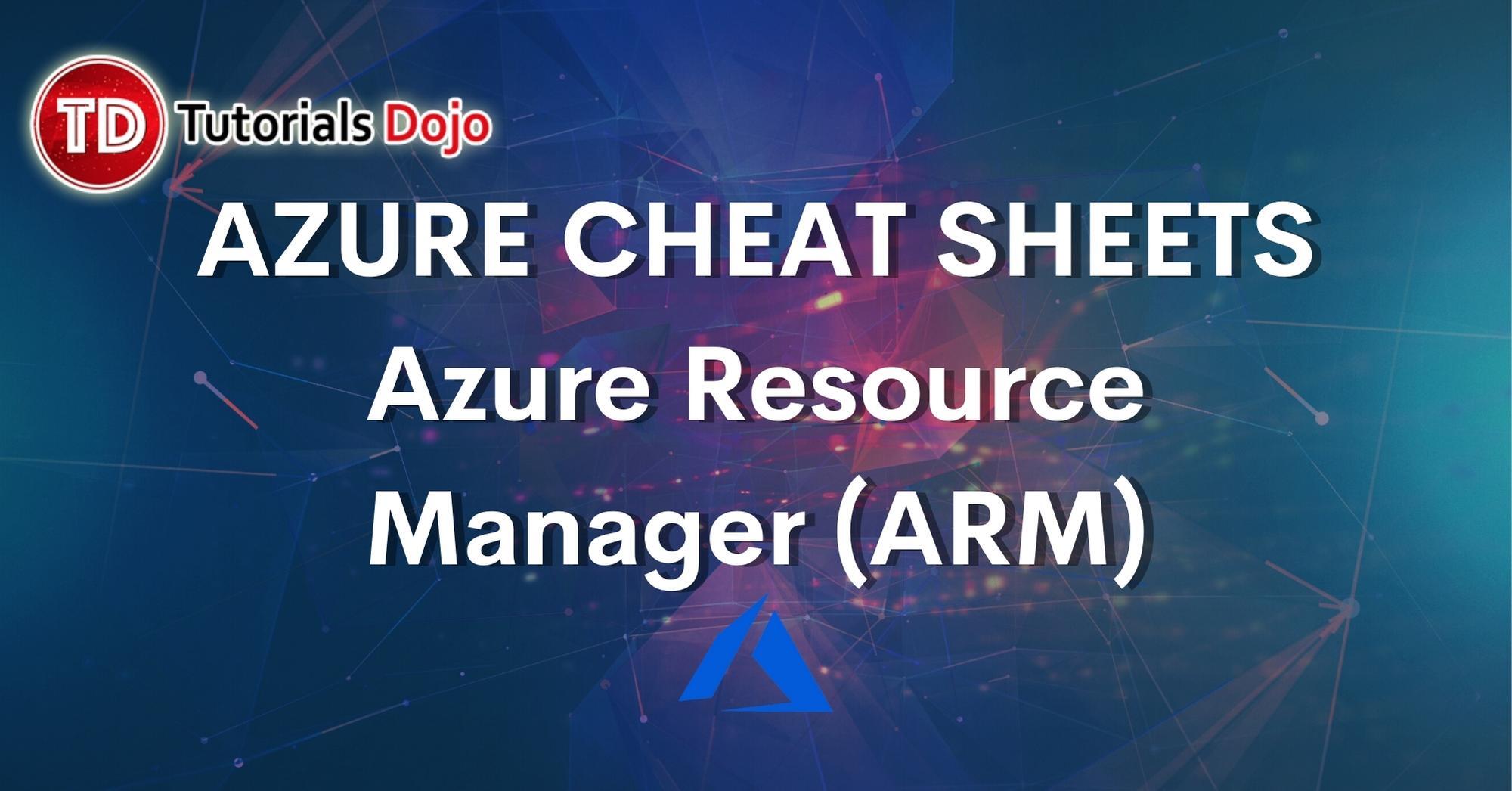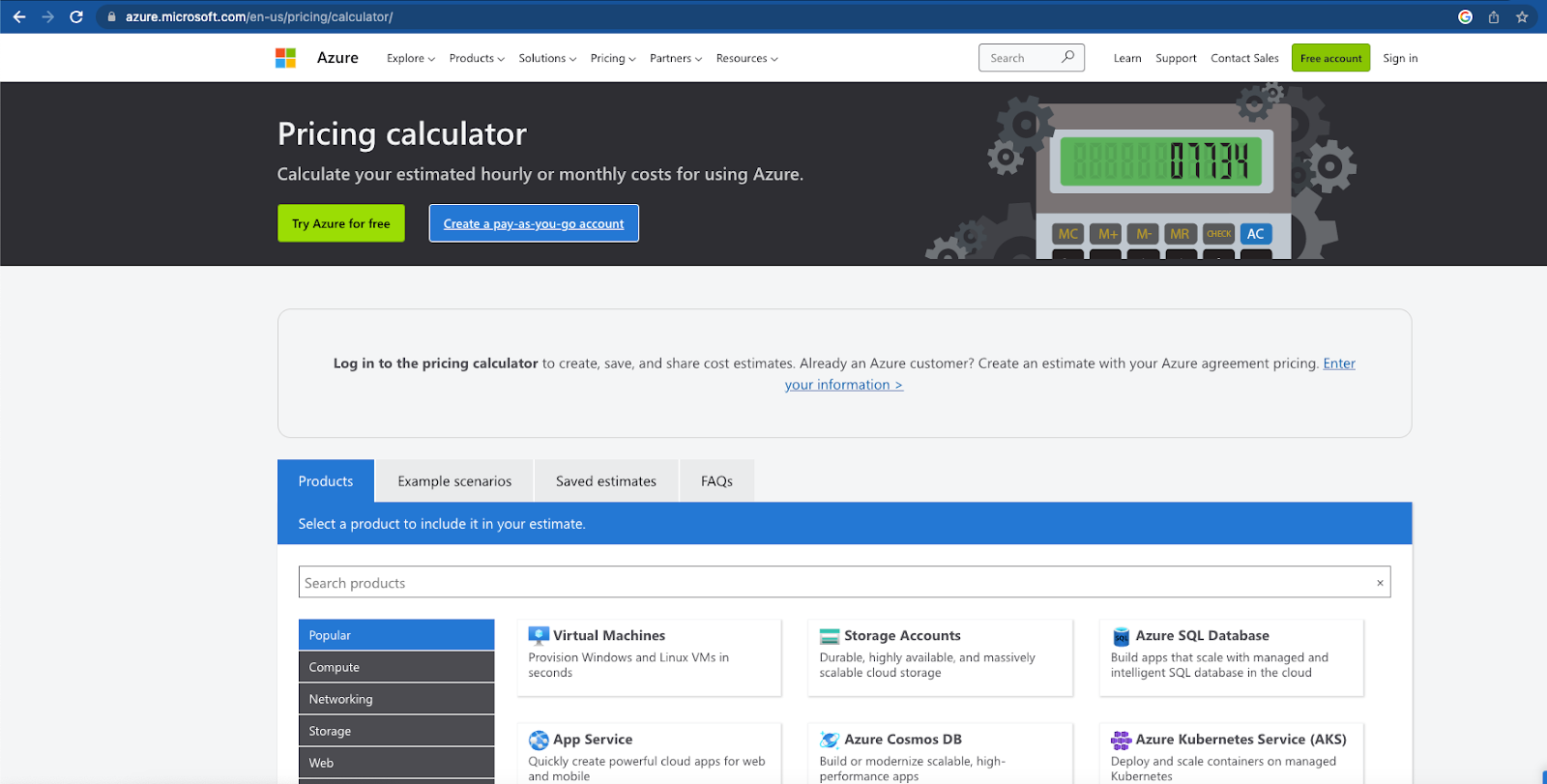AWS Certified Cloud Practitioner CLF-C01 Exam Domains
Jon Bonso2023-06-13T01:09:55+00:00Amazon Web Services began its Global Certification Program in 2013 with the primary purpose of validating the technical skills and knowledge of IT Professionals in building secure and reliable cloud-based applications using the AWS Cloud. On April 2013, AWS launched its first-ever AWS Certification test called the AWS Certified Solutions Architect Associate exam. This was followed by the AWS Certified SysOps Administrator and AWS Certified Developer Associate exams. Amazon has been continuously expanding and updating its certification program year after year. They launched a series of Professional and Specialty-level certifications that cover various topics like DevOps, machine learning, data analytics, [...]



